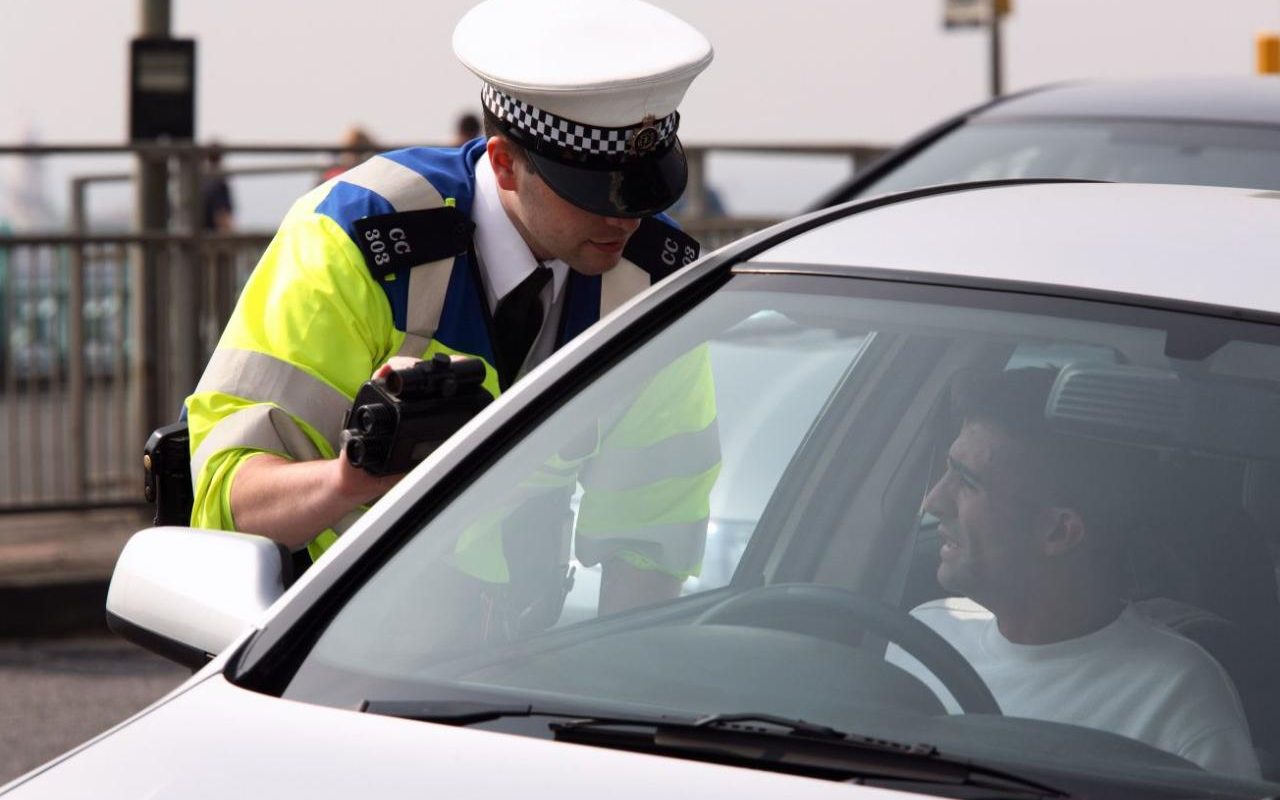If a request for details of the driver is sent out to the keeper or nominated driver of a vehicle and that person does not respond or is unable to provide the name and address of the driver then a prosecution for failure to furnish information under s172 Road Traffic Act 1988 is likely to follow. On conviction, the offence carries 6 penalty points and a fine of up to £1,000 when an individual is prosecuted. If a company is prosecuted the offence cannot result in penalty points and will only carry a fine of up to £1,000.

The offence of failure to furnish information can be committed in two ways – either as the keeper of the vehicle under s172 (2) (a) Road Traffic Act or as a person other than the keeper under s172(2) (b). If you received the request as the keeper of the vehicle as and have failed to supply the name and address of the driver, the only defence available is to argue that you were unable to identify the driver and could not have done so even if reasonable diligence were exercised. Please note that the “reasonable diligence” defence only applies in cases where the person accused of the offence was the keeper of the vehicle. The person who is the registered keeper may or may not be the actual “keeper” of the vehicle. Strangely there is no definition of what amounts to “keeper” within the Road Traffic Act 1988 but the manner in which the Court deals with the case depends on whether or not the person is the keeper or not.
FAQs
It is common for a summons for failure to provide details to be issued even when the request for information may not actually have been received by the person being prosecuted. Sometimes the first time a person becomes aware of the offence will be when the summons arrives many months later. In that situation, providing that the prosecution can prove that the request was posted it is up to the person who is accused the offence to convince the Court that they did not receive it. Sometimes the police will not actually be able to prove that they posted the requirement but if they can then evidence on oath of lack of receipt will be required by the person accused.
In areas where there are problems with wrongly delivered post prosecutions these types of prosecutions are very common. There are some Courts who deal with many hundreds of failure to furnish cases on a weekly basis. The importance of good preparation and representation should not be underestimated.
It is up to the Court to decide what amounts to reasonable diligence based on the circumstances of each individual case. Normally it will need to be satisfied that, firstly, all appropriate enquiries have been made, particularly of those individuals who may have been driving. Secondly, that the person accused of the offence has provided all the information he could reasonably have provided to the police which could feasibly assist them in identifying the driver.
If you were not the keeper of the vehicle then the prosecution must prove that you failed to provide all the information in your power to give in relation to the identity of the driver. This means that if the vehicle was not being kept by you at the time of the alleged offence you cannot be guilty of an offence if you have provided all the information that was in your power to give in relation to the identity of the driver. Provided that advice is taken at the earliest possible stage before corresponding with the police the stress and inconvenience normally associated with attending court can often be avoided. This is a somewhat grey area of the law as there is no definition of what amounts to “keeper” within the Road Traffic Act 1988.

